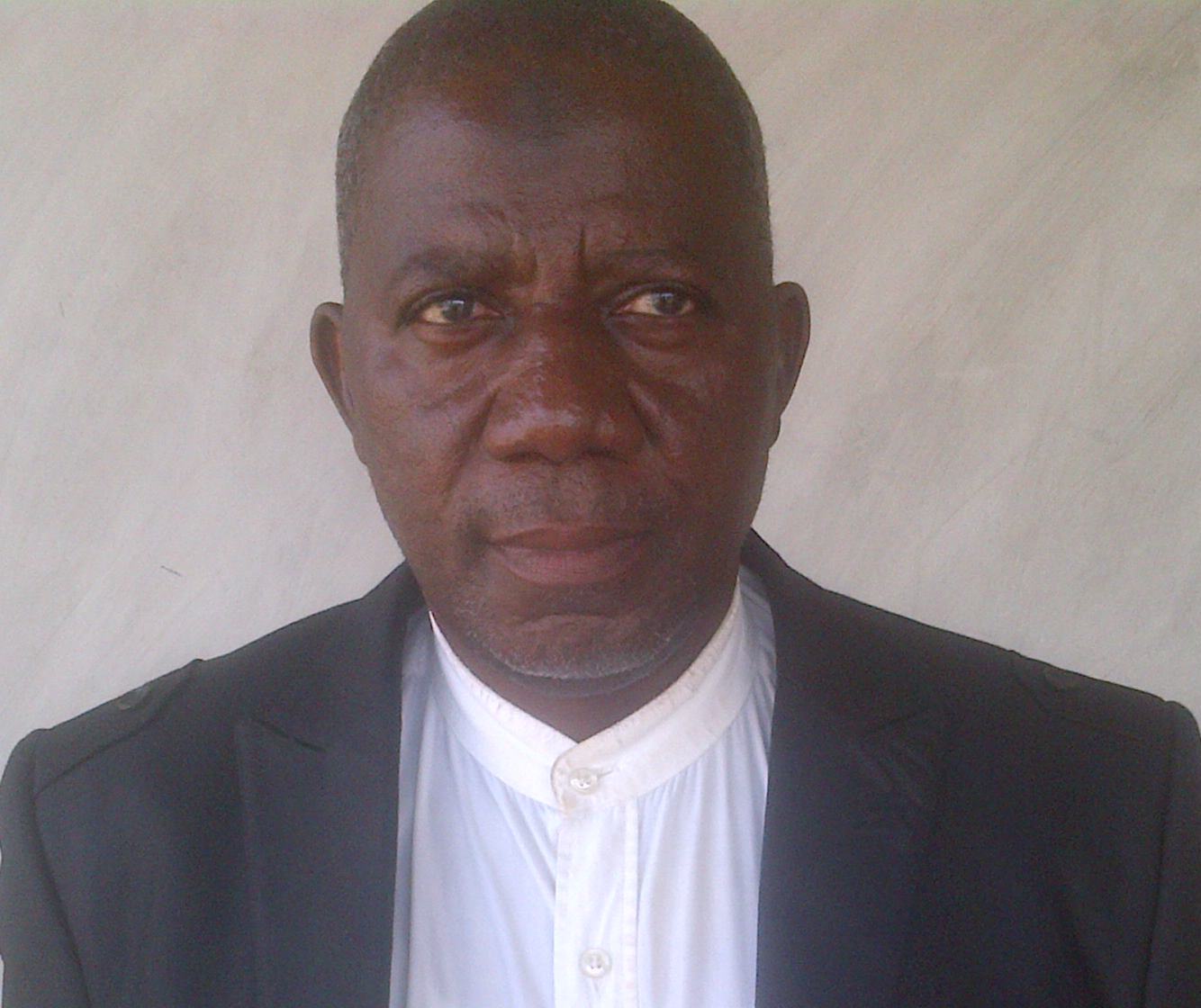
The picture of uncertainty is becoming clearer as November 11 gubernatorial election in Kogi State approaches. From what looked like a clean process in the beginning, the Igala and Egbira in particular have now taken a clearer and dangerous position on what would happen in the election, which is less than two months from now.
When Usman Ahmed Ododo emerged as governorship candidate of the All Progressives Congress (APC), via the deft moves of Governor Yahaya Bello of the same APC, the coast seemed clear that he had no strong opponent. The circumstances leading to the emergence of Ododo, of course, is another story entirely.
However, Alhaji Murtala Ajaka took the ticket of virtually nonedescript Social Democratic Party (SDP) and entered town with a message that had the signature of “we and them.”
With the mentality of Igala tribe which he belongs to, being in majority and the fears built in the psyche of the locals, and even some enlightened ones, Ajaka has been able to bring about the thinking of tribal warfare into the contest.
So much is this element promoted that now, the three major contestants in the November 11 gubernatorial election are clearly representing the three major tribes in the State: Dino Melaye of the People’s Democratic Party (PDP) for the Yoruba speaking Okun; Usman Ahmed Ododo for the Egbira speaking area and Muritala Ajaka for the Igala speaking area.
The message has been passed and made to sink that anyone in the tribe of the candidate coming from that tribe who votes for the candidate from another tribe is “a slave.”
The issue is so complicated that even traditional rulers or prominent persons who as much as smile in the direction of the candidate from another tribe are tagged betrayers.
The tribal politics has now buried the Politics of superior ideas on what to do for the development of the state beyond what it is today.
As a matter of fact, the major campaign message has, mainly been on the need for the tribes fighting tooth and nail not to fall into the category of subjugation or marginalization.
Ajaka, from day one, had never hidden the idea that he had emerged as a purely Igala protesting candidate against Egbira candidate, whom he openly tagged “enemies.” He once called on the Okun people, in a media interaction, to rally round him to defeat the “enemies.”
Of course, Ajaka is relying heavily and purely on the principle of being in the “majority tribe” to win the election, far from the point of belonging to the little known SDP for the position of governor in the State.
Similarly, even though Ododo is also, as an individual, a little known in the State’s politics, the party, APC, on which back he’s heading to the election, rely heavily and purely on the incumbency of his “godfather,” Governor Yahaya Bello. Dino Melaye seems to be the only one, though riding on the back of another bigger Party, PDP, that does not have any tangible pillar to lean on.
The dirty fight between Ododo and Ajaka along tribal lines seems to be setting the State on the path to serious developmental deficit. It looks clearly that an average Igala person would regard the victory of Ajaka at the November poll first and foremost, as a loud confirmation of the Igala superiority in the State, the same way the victory of Ododo will be seen as a confirmation of the superiority of Egbira people. No less also is the victory of Dino Melaye to the Okun people, even though his victory looks remote, except with the divine arrangement. All such line of thinking blure the main issues about the development of the State.
The concern of the people outside the cocoon of tribalism is not just the dangers looming in November election, which will definitely come and go, but the life, long after the election.
In the ways the tribal political gladiators and the tribal warlords that pass for party candidates are going, what kind of relationship that will even evolve amongst the major and minor tribes in the State after the election and after the winner emerged?
The main issues around why the leadership is being chosen, such as development of education, Infrastructures, healthcare, agriculture and many others are likely to suffer neglec because they have not been articulated by the tribal candidates of the political parties in their campaigns.
Kogi State cannot and will not survive and thrive in a situation where candidates campaig and try to win election on premordial cleavages. The dangers are multiple, including planting permanent enmity amongst the various tribes, slanted development plans if any by the winner, undermining the rights of other tribes in many negative ways, and other unseen dangers.
Less than two months to the election, can there be any means to douse the flame of such dangers?
We expect political elders from the three tribal groups and from different political leanings to shed off their tribal sentiments and quickly wade in and douse this flame for the purpose of bringing about sanity and to secure a healthy, directional future for the State.
If they pretend that such dangers do not exist or that the State will cross the bridge when it gets to it (solve the problems after winning or losing election), that can be seen as short-sightedness or a deliberate act of wickedness to the people of the State, including whatever tribal group they represent. And it may be too late to reverse the consequences.